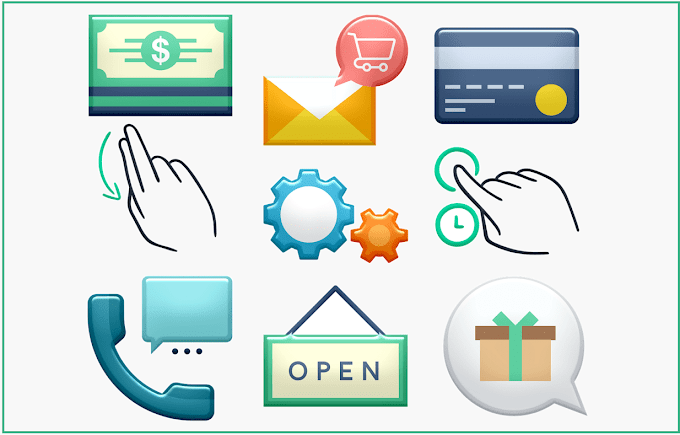
Technological development is unstoppable. Almost every day we hear news about one or another tech discovery that will somehow influence the world. The financial industry is one of the most adaptive and ready to change business areas. The global pandemic clearly showed that modern finance fields are ready to go online. A lot of new apps appeared, and more people began trusting online fintech solutions. For example, 38% of US personal loans are granted online. Now, the fintech market is expected to reach the mark of $324 billion by 2026.
Besides being profitable, the fintech market is highly compatible. For your application to stay afloat, you need to focus on what the audience likes about modern fintech. Here is the list of major industry trends to follow.
Blockchain
Decentralized finance and blockchain are the most influential discoveries made in the financial industry. Applying this technology quickly became a leading fintech trend and triggered a true financial revolution.
Such a change was inspired by blockchain’s advantages over traditional ways of banking:
- Transparency: With blockchain, it’s easy for authorized managers to access the ledger. That creates a good base for building a transparent relationship between financial institutions, their customers, and other managing departments.
- Fewer risks: Since settlements in blockchain take seconds instead of days or weeks, there is a minimum chance of not meeting the obligations or interfering in the process.
- Cut in operational costs: Decentralized finance makes mediators as custodian banks unnecessary, so it can scale down a substantial part of operational costs that the financial industry faces.
Cybersecurity
Online financial operations seem to be the perfect target for cybercriminals. The information and material such institutions work with very clearly define cybersecurity as one of the primary targets for fintech development. it became especially urgent during the pandemic. According to the Modern Bank Heists Report provided by VMware, the number of attempts to conduct digital fraud skyrocketed by 238%.
That is why your future fintech software must be protected. Not a single third-party access should be allowed, so the users can trust you with their personal information and savings.
AI implementation
A lot of financial institutions rely on the power of artificial intelligence. Banks and other organizations implement AI-driven chatbots to communicate directly to customers. This software is relatively simple and engaging. It automatically collects the necessary data and provides a personalized experience. Also, there are a lot of AI-based systems that can help the finance industry to make large transactions and reduce operational costs.
Big data analysis
Since today you can collect as much data about the app’s users as possible, fintech solutions can base all their interactions with customers on facts and research. A deep study of the behavioral patterns of users inside the app will greatly improve its quality and user-friendliness. It also will help companies create more sophisticated applications and completely address clients’ needs.
Contactless payments
One more trend to thank pandemic for. With the general recommendations of not touching things, financial institutions had to focus on developing new ways of payment. Social distancing doesn’t allow us to live our full life. Some people are in lockdown or on quarantine but still need to pay for stuff. To keep up with the circumstances, fintech has to adopt and integrate contactless payments.
Summing it up
The list of possible trends to apply to a fintech solution can continue further. There are more factors to take into account, like the niche you want to occupy, the features to implement, and the fintech software development company you are going to hire. Working together with each other, all these components are going to turn into a perfect fintech solution that will fit the market needs and will receive a warm welcome from your target audience.




![Performance Marketing - What Is it & How It Works [+ 6 Tools You Can Use]](https://blogger.googleusercontent.com/img/b/R29vZ2xl/AVvXsEj0akcIPU36HHfqWoYrb2LCMNG8OvxPb9drUYKWJZvSXmfbJG0OrjN5jfzTFDmT-9MKcuZt-G-66PiLlIVjgX1DwCNzHeIMW0pjW7W3IB2rZYzx4ISbL2T6JC4M38eubqHxQ3e71l2_n7oxh2f2QdV3d1prJ6z9HQNsSyfjtO18diLxEZg-5wD-I6RINFY/w680/performance_marketing-min.png)





0 Comments